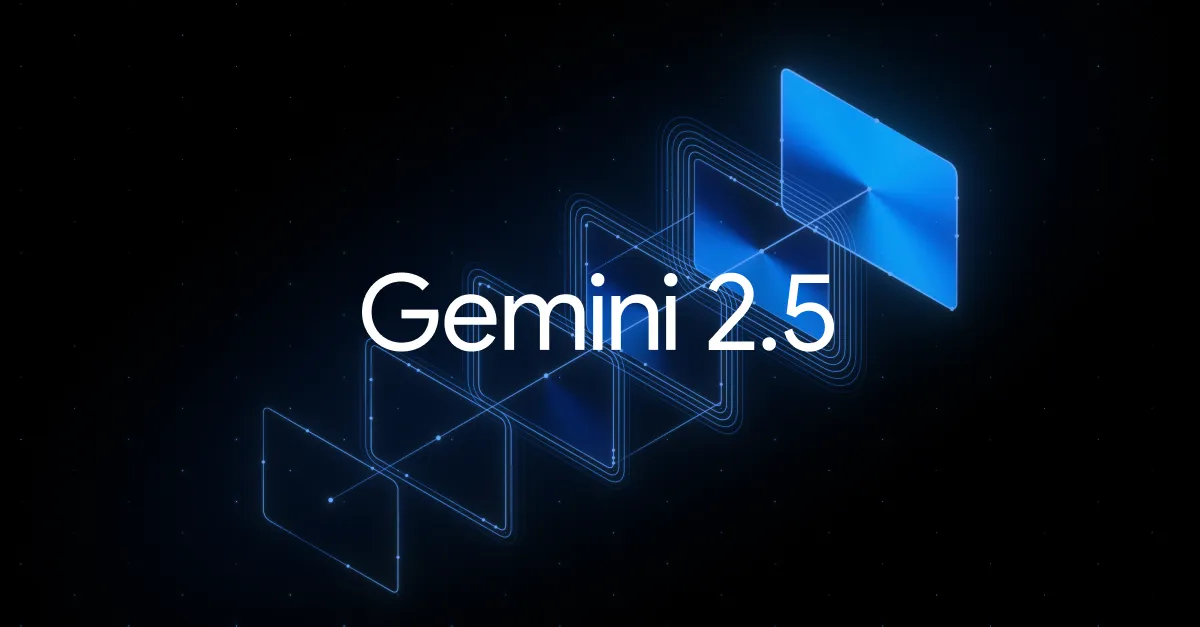After a month-long preview, Google has officially released its Gemini 2.5 Flash-Lite model to all developers, positioning it as the most efficient and responsive variant in the Gemini 2.5 series. This lightweight model, now generally available via AI Studio and Vertex AI, is designed for developers who need solid performance without the higher costs associated with larger AI models.
According to Google, Gemini 2.5 Flash-Lite is the fastest and most cost-effective model in the lineup. It’s priced at $0.10 per million input tokens and $0.40 per million output tokens, making it one of the most accessible options in terms of scalability for enterprise applications.
Despite being streamlined for speed and affordability, Gemini 2.5 Flash-Lite still supports Google’s advanced capabilities in coding, math, logic, science, and multimodal understanding—skills often reserved for more compute-heavy models. It may not deliver the depth of Gemini 2.5 Pro, but it is aimed at scenarios where quick processing and low latency are more important than raw model size.
Google has shared early real-world use cases that illustrate how Flash-Lite is being applied:
- Satlyt, a space-tech company, has used the model to process satellite telemetry data in real time while significantly cutting power consumption—by as much as 30%, according to Google. This kind of energy efficiency is critical for edge computing environments with tight resource constraints.
- HeyGen has implemented Gemini 2.5 Flash-Lite for multi-language video translation, enabling them to scale content delivery in over 180 languages without requiring large-scale compute power.
- Other developers like DocsHound and Evertune have used Flash-Lite to improve the speed of long-form video processing and streamline automated report generation.
These examples highlight Flash-Lite’s intended role: not to compete with large, general-purpose models on raw capability, but to enable low-latency, cost-conscious AI workloads where turnaround time matters more than depth of reasoning.
As of July 22, developers can start working with the model by referencing “gemini-2.5-flash-lite” within their code. Whether through Vertex AI or Google AI Studio, the model is available for experimentation and integration today.
While Flash-Lite marks the conclusion of the Gemini 2.5 rollout, its focus on speed and affordability will likely make it an appealing option for startups and developers seeking real-time AI capabilities without heavy compute requirements.







